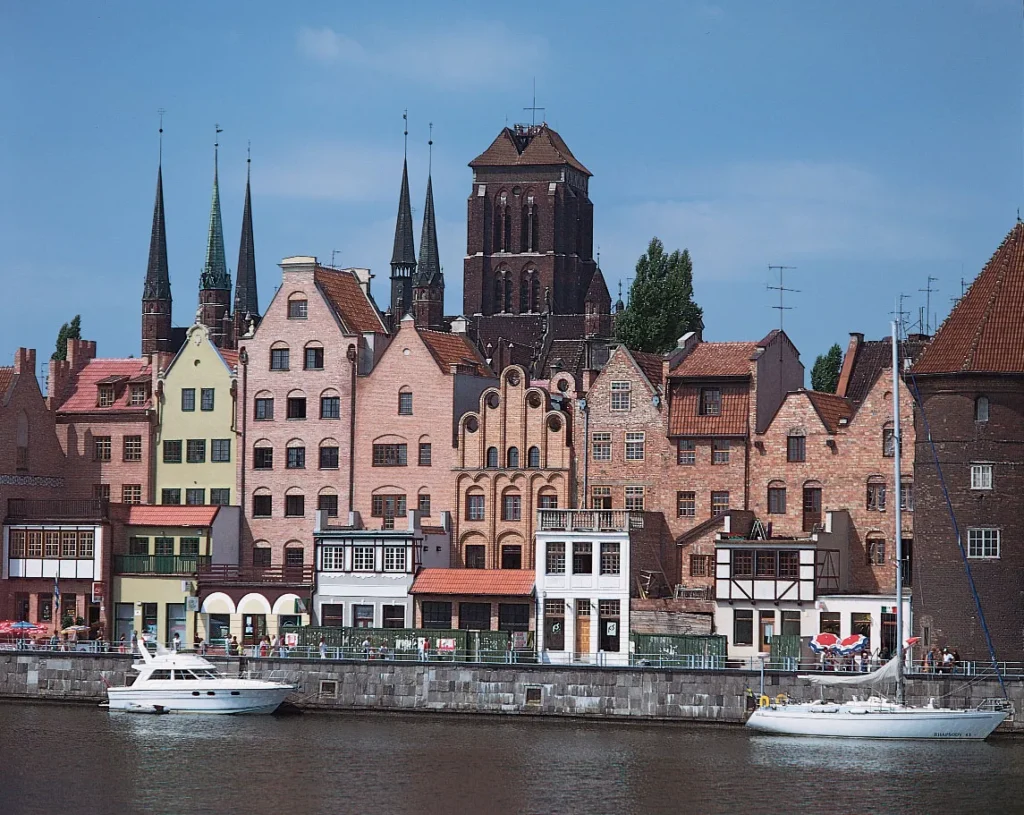Despite its historical association with the Soviet era, Poland has undergone significant development since 1989 and the fall of the Iron Curtain. As a modern nation and a member of the European Union, Poland has embraced progress, but some traces of the past may still catch unsuspecting travelers.
Here are some essential points to be aware of before and during your visit to Poland:

1. Visas and Entry Requirements
Poland, being an EU member and part of the Schengen Convention, has specific entry requirements for travelers from various countries. If you are a citizen of the US, Canada, or Australia, you can enter Poland without a visa and stay for up to 90 days. Similarly, EU citizens do not need a visa to enter Poland. To confirm whether your country is exempt from the visa requirement, refer to the list of visa-exempt countries for Poland.
When traveling to Poland, ensure that your passport has a validity of at least six months; otherwise, you may be denied entry at the border. It’s important to carry enough funds to cover your travel expenses and the return plane ticket.
Medical insurance is compulsory for travelers to Poland, covering the cost of any emergency treatment or hospitalization.
If you are traveling within the EU, you can bring in alcohol and tobacco for personal use without restrictions. However, if you are bringing these items from outside the EU, customs officers will enforce specific rules and limits.
Carrying the equivalent of 10,000 Euros (or any currency) in cash or traveler’s checks requires declaration upon entry into Poland. This rule applies to all European countries.
If Poland is your first European stop and you are arriving from outside the EU, make sure to get your passport stamped. Otherwise, customs officials in other EU countries may question your entry into Europe.
2. Arts in Poland
Poland has a rich tradition of art and artists, but it is not widely recognized outside the country. The authorities are protective of their cultural heritage and have regulations concerning the export of artworks.
For artworks created before 1955, you will need permits to take them out of Poland. Even for art created after 1955, there may be restrictions on export, especially if the artist is deceased. To ensure compliance, it is best to consult the Provincial Conservator of Relics regarding any artwork you wish to take with you.
If you are bringing artwork into Poland, even for an exhibition, it is important to declare it to customs, as they may require further documentation or assessment. Being transparent about your intentions will help avoid any complications or delays during your art-related endeavors in Poland.
3. When You Arrive in Poland
Upon arriving in major cities in Poland, such as Warsaw, Krakow, Gdansk, and Wroclaw, it’s best to use designated taxi stands at the airports instead of accepting offers from taxi drivers outside the terminal. Official taxi drivers at the stands will always use the meter in their vehicles. Carry small notes to pay the correct fare, as giving larger notes may lead to potential scams or incorrect change.
When using airport-to-city bus services, be cautious of pickpockets and thieves who may target tired or distracted travelers. The number 175 bus from Warsaw airport is known for pickpocketing incidents, so keep your belongings secure and be aware of your surroundings.
In Gdansk, bus services are generally less problematic. Before boarding a bus, ensure you have purchased a ticket, which can be obtained at newspaper stands, the airport, or from the bus drivers. Buying tickets from the driver may cost a bit more. Remember to validate your ticket on board at the beginning of your journey. For intercity bus travel, consider booking tickets online in advance.
All foreign visitors are required to register their place of residence within 48 hours of arrival in Poland. Hotels typically handle this during check-in, but if staying in a private residence, you are still obligated to register. Your hosts will guide you on where to sign the required forms.
4. Drinking Culture in Poland
When in Poland, it’s important to be aware that the country’s drinking culture does not extend to public spaces. Drinking alcohol in public areas, including parks or while walking to a bar, is illegal. It is best to consume alcoholic beverages indoors, within bars, or restaurants.
If caught drinking in public, you may be fined by the police, and immediate payment will be required. Additionally, if you find yourself walking home after consuming alcohol, try to maintain control and avoid behaving in a drunken or disorderly manner. Polish police take public intoxication seriously, so it’s essential to act responsibly and maintain a low profile if you have had one or too many drinks.






